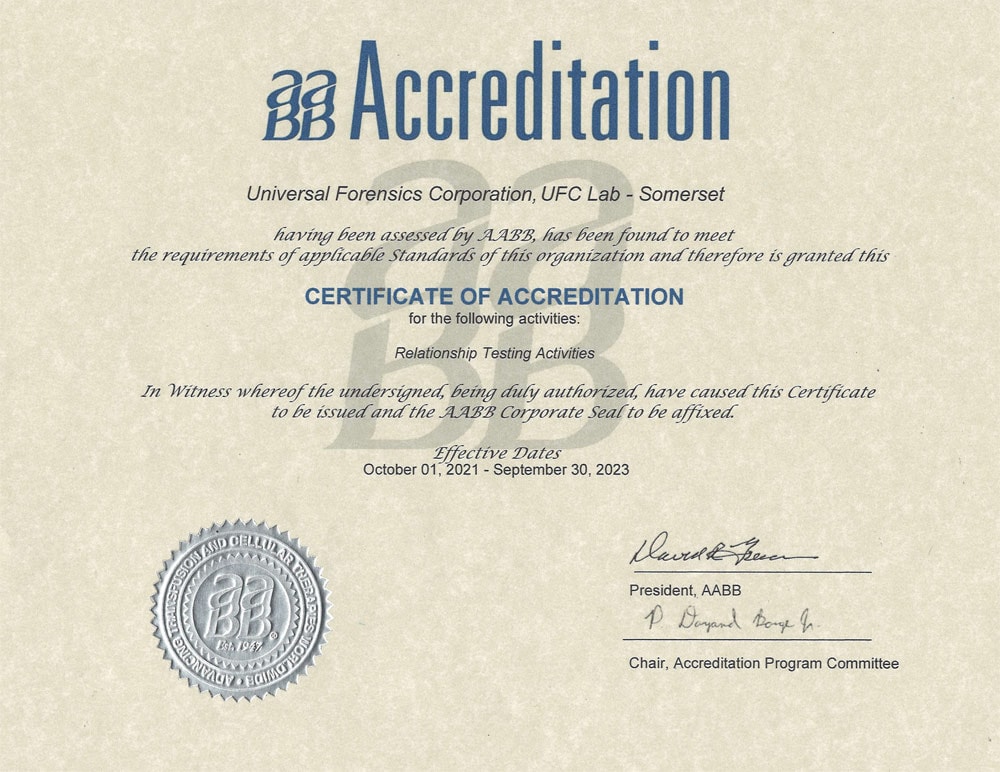Legal vs. Non-Legal DNA Tests

People may want to undergo DNA testing for themselves or for others for a wide variety of reasons. Some of these reasons are legal while some of them are not, making them inadmissible in court. In many cases, people use DNA testing to determine paternity. However, not every paternity DNA test is legally admissible.
Read on to discover the difference between legal and non-legal DNA tests. For personalized advice, contact the ReliaLab team today.
Non-Legal DNA Tests
When using a DNA test for your own personal use and knowledge, a non-legal DNA test will typically provide the answers you’re looking for without fuss.
However, if you want to use these results in a legal setting, you will have to undergo a legal DNA test instead or in addition to the non-legal test. This is because the non-legal DNA test results are not allowed to be used in legal settings for legal purposes such as custody.
The reason non-legal DNA tests are inadmissible in these situations is because they have not undergone strict controls to verify the accuracy of the results. As a result, it is possible for the results to have been tampered with in some way. Even if you can confirm they haven’t been, the legal system requires proof, which can only be discovered through a legal DNA test.
The Legal Process Behind Legal DNA Testing
For a paternity DNA test to be legally admissible, it needs to go through a specific legal process. This legal process is called a chain of custody. The chain of custody must be followed strictly to ensure it reveals truthful and accurate results. It is called this because the specimen is always in somebody’s custody, much like a child.
During the chain of custody, the DNA specimen is meticulously documented and always closely monitored throughout the entire process. This is so the results have not been interfered with, whether accidentally or on purpose.
The chain of custody process follows the DNA specimen along its entire journey. This starts in the laboratory you work with. It follows the specimen from collection and through transportation within the laboratory. It then involves the actual testing of the specimen, where specimen collectors and lab workers monitor it closely and follow strict documentation procedures.
They will then use tamper-proof cases and labels to ensure each specimen is correctly identified and labelled and none are mixed up with other tests. Then, a secure courier service will transport the specimen to the lab for analysis.
The Difference Between Legal And Non-Legal DNA Tests
While the results will be the same (assuming the non-legal DNA test has not been tampered with), the difference between legal and non-legal DNA tests is in how well it’s cared for and carefully documented along its journey.
Legal DNA tests are required to go through the chain of custody to confirm their validity, while non-legal DNA tests are not required to undergo such protocols. People who use non-legal DNA tests submit the samples themselves, without any verification of identity, and the tests are not held in tamper-proof packaging. This makes them susceptible to tampering, unlike legal DNA tests.
As a result, the legal DNA test is proven to contain the correct results, while the same cannot be said for a non-legal DNA test.
Looking For Reliable DNA Testing?
At ReliaLab we offer DNA testing that adheres to the strict chain of custody procedures. Our highly-trained professionals collect and handle all samples with care, ensuring that the specimen belongs to the individual being tested. To order a DNA test, contact us at ReliaLab today.







